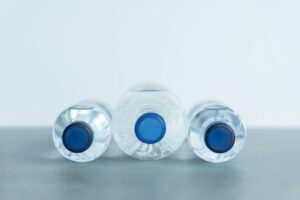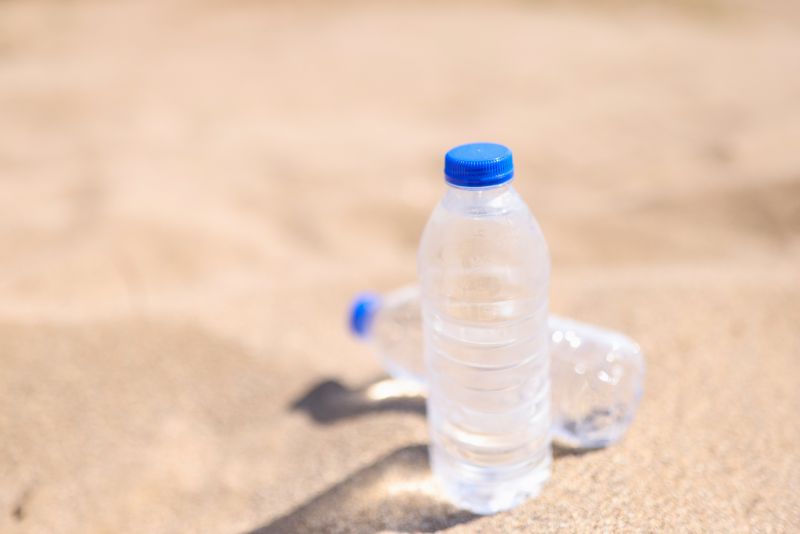How Safe Is Bottled Water?
Bottled water has become the drink of choice for many people, but do you know how safe it really is? The truth is that bottled water can be just as safe as tap water, but it’s important to understand how it’s produced and what you should be aware of when choosing a brand.
(Looking for McGowan water filtration system for RV? Contact us today!)

The Food and Drug Administration (FDA) regulates bottled water, working to ensure it’s safe for consumers. The water must meet specific standards, including being calorie-free and sugar-free. It must also be free of additives such as preservatives and colors.
How To Choose Bottled Water That’s Safe For You?
Bottled waters come in a wide variety of styles and models, so you should find one that’s perfect for your needs. You can choose from sparkling, spring, distilled or mineral water, among other choices.
It’s not uncommon for plastic bottles to contaminate the water they hold, especially once they’ve expired or been exposed to heat like sunlight or hot cars. The plastic dries out and leaches chemicals into the water.
Phthalates, which are known to disrupt the endocrine system and affect hormone levels, have been shown to migrate into water that’s been stored in plastic. This may be harmful to pregnant women, infants, young children, and anyone who’s already prone to breast cancer or gynecological problems.
BPA, a chemical commonly used to make plastics more durable and flexible, has also been linked to hormone disruption. Studies show that bottled water often contains higher levels of BPA than tap water, and the more you use a bottle, the more the chemical can be absorbed into your body.
Although the FDA limits BPA in bottled water to no more than 70 parts per billion, some manufacturers exceed this limit. This is especially true of bottles that are reusable, so you should always check the label.
Some brands of bottled water are also contaminated with heavy metals, microplastics,s, and bacteria. This is because the containers are typically made of polyethylene terephthalate (PET) or high-density polyethylene (HDPE).
A study published in the Journal of Environmental Health found that antimony was often found in bottled waters, and the concentrations increased over time. Another concern is that many trihalomethanes, which are carcinogenic chemicals, are found in bottled water as well.
You can be sure that any water bottle you buy will have an expiration date, but it’s difficult to predict when that date will be. The best way to avoid this is by storing your bottle in a cool place or purchasing a new bottle every few months.
The type of container you use can also affect the taste of your bottled water. Lower-grade plastics like HDPE can give the water a “plastic” taste, and some PETs contain contaminants that move into the water over time.
If you’re concerned about the quality of your bottled water, talk to your doctor. He or she can help you choose a brand that’s safe for you.
Some bottled waters contain fluoride, which is an essential public health measure for dental health. Most public drinking water systems add fluoride to the water, and if you purchase bottled water that has no added fluoride, it can be harmful to your teeth.

